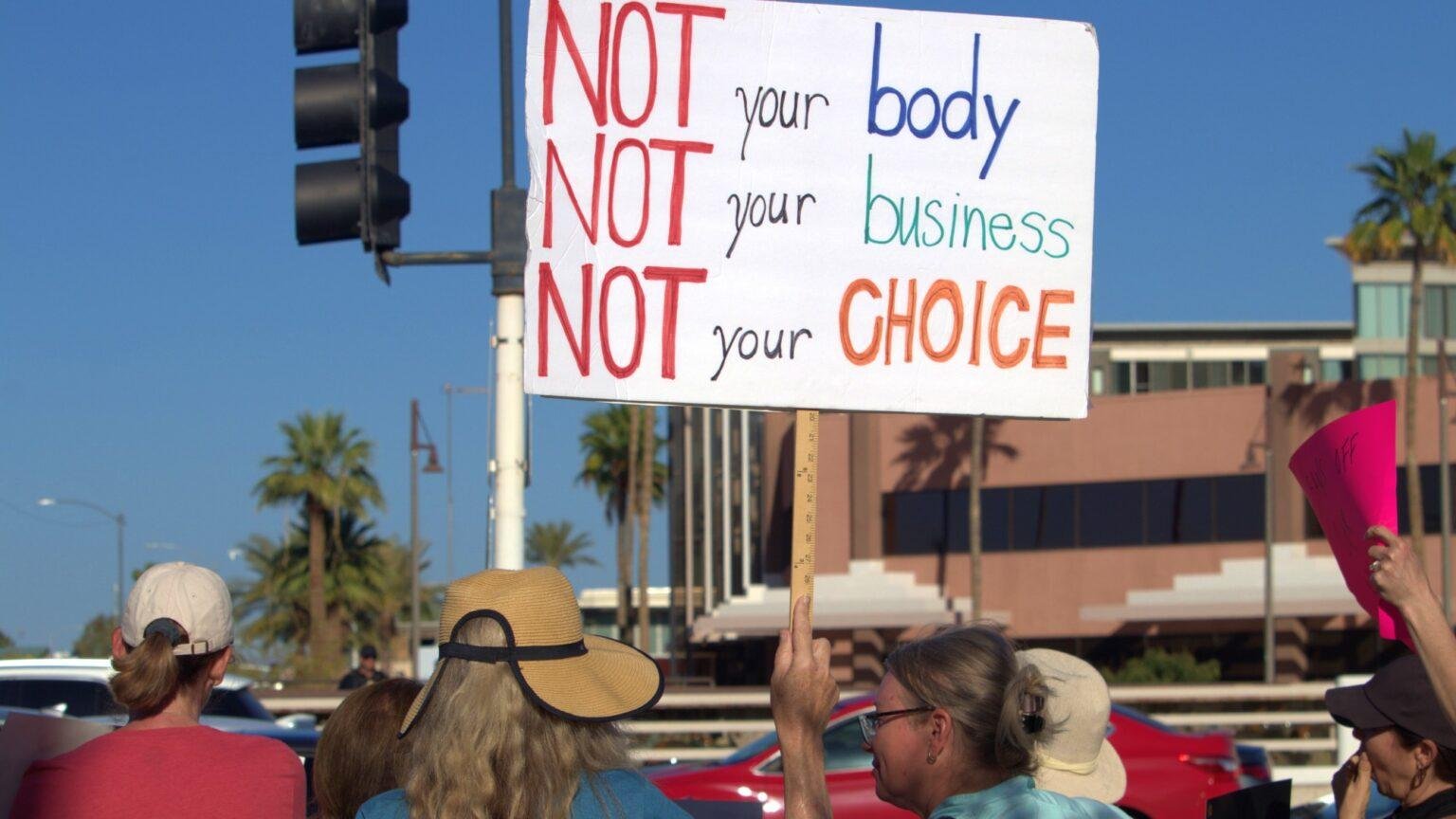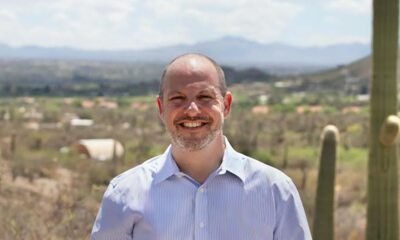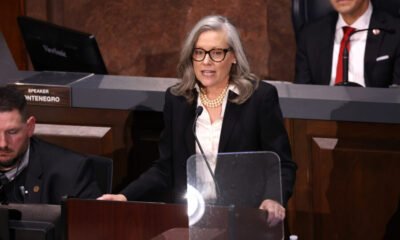arizona
Doctors Urge Arizonans to Back Prop. 139 in Crucial Vote

As Arizonans approach a pivotal decision regarding abortion rights, health providers are intensifying their advocacy for Proposition 139, a measure designed to establish abortion access as a constitutional right. With the election imminent, healthcare professionals emphasize that the future of reproductive rights is at stake.
Dr. Laura Mercer, an experienced OB-GYN, underscored the importance of allowing patients to make their own health care decisions during a recent virtual discussion organized by the Committee to Protect Health Care. “Prop. 139 guarantees the right to abortion and puts health care decisions where they belong: with patients, their families, and their health care providers,” she stated.
The Committee to Protect Health Care, comprising over 20,000 doctors and advocates, has emerged as a prominent supporter of abortion rights this election cycle, particularly in Arizona. A letter signed by 550 medical professionals from Arizona, endorsing Proposition 139, reflects a significant push for reform, as the measure aims to amend the state constitution to safeguard abortion access.
If passed, Proposition 139 would invalidate the state’s current 15-week gestational limit, allowing for abortions up to the point of fetal viability, generally occurring between 23 and 24 weeks. Additionally, the law would permit the procedure beyond that period when necessary to protect the patient’s physical or mental health.
Mercer outlined the complexities surrounding abortion decisions, stating that such matters should be left to patients and their healthcare providers rather than legislators lacking medical expertise. “Politicians just shouldn’t be involved in making these critical healthcare decisions for women,” she added.
Opponents of Proposition 139 have voiced concerns that its passage may compromise safety regulations, claiming it could result in non-qualified individuals performing abortions. Mercer rebuffed these assertions, clarifying that the proposition’s intent is merely to establish a constitutional right, without eliminating current safety protocols.
Legal experts involved with the campaign acknowledged that various anti-abortion laws may pose challenges, but removing them would require judicial intervention. Dr. Patricia Lebensohn, a family physician based in Tucson, criticized the 15-week ban for its inadequacy in addressing the needs of women who become pregnant due to rape or incest, stating, “No one should be forced to carry their attacker’s child.”
Dr. Paul Isaacson, co-owner of Family Planning Associates Medical Group in the Valley, highlighted another critical concern: delayed medical care resulting from the law. He cited national trends where criminalizing abortion has created a chilling effect on physicians, leading to hesitancy in providing necessary care. “Doctors like me are forced to ask: ‘How close to an emergency or death must the patient be before I can intervene?’” he expressed.
The issue gained further attention when Arizona Attorney General Kris Mayes issued a legal opinion clarifying when doctors could lawfully provide abortions, aiming to alleviate fears of prosecution. However, this opinion does not serve as a solid legal defense if challenges arise in the future.
Currently, there is a low likelihood of prosecution for abortion providers in Arizona, primarily due to Governor Katie Hobbs’ executive order centralizing prosecutorial authority over abortion law violations in the attorney general’s office. This action has largely shielded healthcare providers from legal repercussions while Mayes is in office.
Despite these temporary protections, the stability of abortion rights in Arizona remains contingent on the political landscape. Isaacson asserts that backing Proposition 139 is the most effective way to permanently abolish the 15-week abortion ban. “It will put an end to Arizona’s dangerous and devastating abortion ban, to ensure a patient’s needs — not politics — drive important medical decisions,” he stated.


















